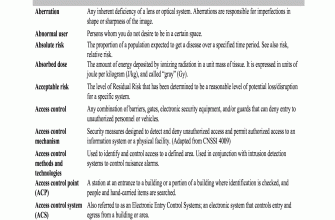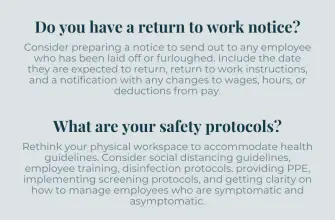Discrimination in the workplace is a pervasive issue that affects many individuals across various sectors. One form of discrimination that often goes unnoticed or unaddressed is mental health discrimination. This form of discrimination can manifest in various ways, including being harassed by a mentally ill person, feeling discriminated at work, or experiencing unfair treatment at work. Mental health discrimination does not discriminate; it can affect anyone, regardless of their position, age, gender, or race. This article aims to expose the unfair treatment and discrimination faced by individuals with mental health issues in the workplace, with a particular focus on the UK context.
Understanding Mental Health Discrimination
Mental health discrimination refers to the unfair treatment of individuals based on their mental health condition. This can include conditions such as depression, anxiety, bipolar disorder, and other mental impairments. Discrimination can occur in various forms, including exclusion from activities, unfair treatment, harassment, and victimization. It’s important to note that mental illness does not discriminate; it can affect anyone at any time, regardless of their background or status.
Examples of Mental Health Discrimination at Work
There are numerous examples of mental health discrimination at work. These can range from subtle forms of discrimination, such as exclusion from social events or being overlooked for promotions, to more overt forms of discrimination, such as harassment or unfair dismissal. Here are a few examples:
- A person with bipolar disorder may face employment issues, such as being passed over for promotions or being unfairly dismissed due to their condition.
- An individual with depression may be subjected to mental health harassment at work, such as being ridiculed or belittled because of their condition.
- An employee with anxiety may feel discriminated at work, such as being excluded from team activities or being treated differently by their colleagues or superiors.
Mental Health Discrimination in the UK
Mental health discrimination at work is a significant issue in the UK. According to a survey by the mental health charity Mind, one in three people (31%) felt they had been treated unfairly at work due to their mental health. Furthermore, the UK’s Equality Act 2010 protects individuals from discrimination based on their mental health, yet many individuals continue to face discrimination and unfair treatment at work.
Discrimination Against the Mentally Disabled
Discrimination against the mentally disabled is another form of mental health discrimination. This can include unfair treatment, exclusion, or harassment based on a person’s mental disability. For example, an individual with a learning disability may be unfairly dismissed from their job or denied reasonable accommodations that would enable them to perform their job effectively.
Mental Illness and Work Rights
Individuals with mental illness have certain rights in the workplace. These include the right to reasonable accommodations, the right to privacy regarding their condition, and the right to be free from harassment and discrimination. Despite these rights, many individuals with mental illness continue to face discrimination and unfair treatment at work.
Addressing Mental Health Discrimination
Addressing mental health discrimination requires a multi-faceted approach. This includes raising awareness about mental health issues, promoting a supportive and inclusive workplace culture, and enforcing anti-discrimination laws. Employers have a crucial role to play in addressing mental health discrimination. They can do this by providing mental health training for staff, implementing policies that promote mental health wellbeing, and taking swift action against any form of discrimination or harassment.
Conclusion
Mental health discrimination in the workplace is a serious issue that needs to be addressed. It’s essential for employers to create a supportive and inclusive environment where all employees, regardless of their mental health status, can thrive. By doing so, we can help to reduce the stigma associated with mental health and ensure that everyone is treated with the respect and dignity they deserve.









